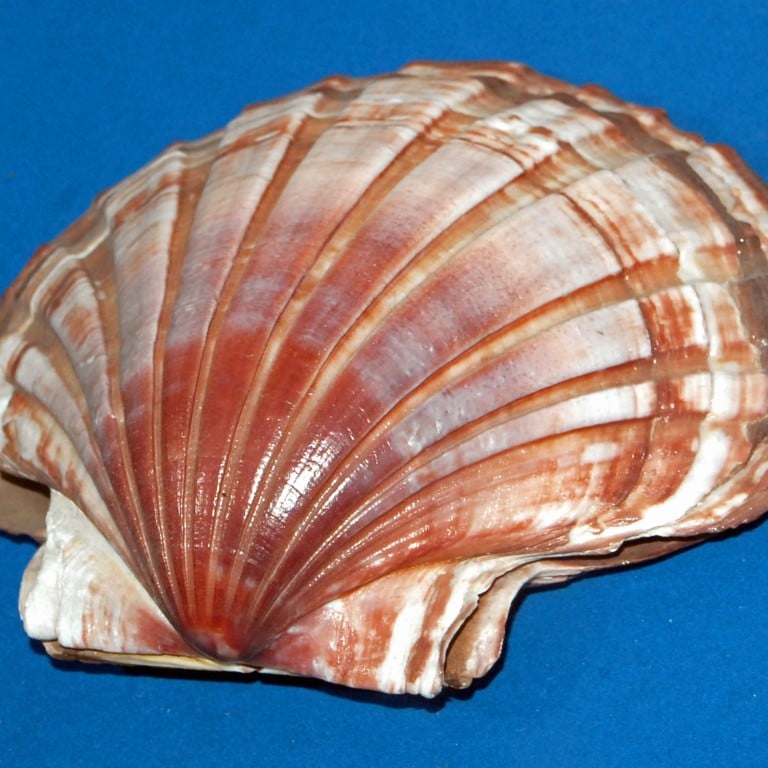
Could golden scallops replace GMO rice as best weapon in fight against vitamin A deficiency?
Chinese scientists have developed the world's first golden scallop in what they say could be a major advancement in reducing global vitamin A deficiency.
The new variety of the popular seafood gets its gilded colour from carotenoids, organic pigments which can help stimulate vitamin A production in humans.
Golden scallops have carotenoid levels ten times that of their less colourful cousins, according to Zheng Huaiping, who led the team who created them at Shantou University in Guangdong province.
"Each golden scallop is a warehouse loaded with various types of carotenoids important to health," Zheng said.
"They can wipe out vitamin A shortage effectively, and taste good too."
The World Health Organisation estimates that more than a million people, mostly children, die from vitamin A shortage every year. Many who survive are left blind or otherwise disabled.
Though vitamin supplements have been introduced to some of the worst hit regions, their effect is limited as many find taking pills daily inconvenient, or forget to do so. Scientists have long believed that the best way to combat deficiencies is to increase the amount of carotene in people's diet.
Many previous efforts have focused on genetically engineering existing crops, such as the Golden Rice Project, which boosted the amount of carotene in the Asian staple.
However, fear over genetically modified foods led many in developing nations to shy away from eating golden rice and other similar products.
The Shantou researchers said their scallop will not suffer from the same problem, as it was created from artificial selection, not genetic engineering.
The new species was created by the selective breeding of various scallop varieties over six years, as scientists identified and promoted offspring with higher carotene production.
Golden scallops are now being mass produced in aquatic farms in Guangdong province, with the hope that they could be exported to countries plagued by vitamin A deficiency such as India, the Philippines and multiple African nations.
The scallop is highly adaptable to different environments, thriving in water as cold as 10 degrees Celsius.
But price may be a problem.
Due to their colour, golden scallops have been in hot demand since they hit seafood markets in China, with their price being pushed over that of regular scallops.
Most people with vitamin A deficiency are also extremely poor, unlikely to be able to buy the seafood equivalent of a golden iPhone.
But Zheng said the price will come down as production increases, adding that the ease of growing golden scallops should eventually make them cheaper than most other scallop species.
"Our goal is to make it affordable for most people suffering vitamin A deficiency in developing countries," he said.
"If they won't eat golden rice, then can try golden scallops."

